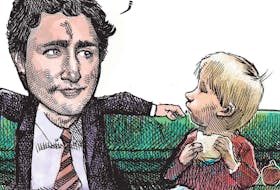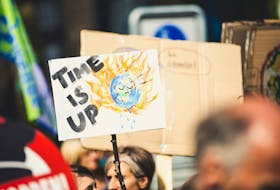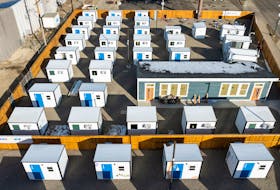Jacob Zuma, South Africa’s current president, is not a nice man. His political career was written off in the run-up to the 2009 election when he was simultaneously battling allegations of rape and corruption. Yet he managed to prevail, and was re-elected in 2014.
Critics charge Zuma with having replaced the idealism and ethics associated with the late Nelson Mandela with a brutal and avaricious bid for wealth and power, dividing the governing African National Congress (ANC), and tarnishing the reputation of the post-apartheid “rainbow nation.”
Zuma’s years in office have been marked by a series of scandals, including the use of millions of dollars in government funds to renovate his private home; accusations that Indian businessmen close to him offered to dole out powerful government posts in exchange for favorable treatment; and his appointment of allies with little experience to important positions in government and state-owned companies.
Zuma’s credibility was severely damaged in March 2016 when the country’s Constitutional Court ruled that he had violated the constitution by failing to repay the government for money used on upgrading his private residence. He apologized for the “frustration and confusion” caused by the scandal and repaid the money.
Zuma has also been accused of allowing members of the Indian-born Gupta family to wield undue influence over his regime. They moved to South African from India in 1993, and started a number of businesses through which they have amassed great wealth.
More than 100,000 documents and emails leaked to the press earlier this year detailed improper dealings in lucrative government contracts made with the family. Allies of Zuma have been linked to allegations involving suspected kickbacks.
One of President Zuma’s wives, Bongi Ngema-Zuma, worked for the Guptas, and two of Zuma’s children have served as directors in some of the Gupta family companies.
Not coincidentally, the Guptas were granted citizenship long before the law warranted it.
In March 2016, deputy Finance Minister Mcebisi Jonas asserted that a member of the Gupta family had offered to promote him to the post of finance minister in 2015.
He said that Ajay Gupta offered him the position as well as 600 million rand (about $56 million), and told him the family had already made six billion rand from the state planned to take that money to Dubai.
All of this has hurt the ANC. In municipal elections held in August 2016 the party suffered steep declines in support in nearly all of South Africa’s major urban areas. In Pretoria, the Democratic Alliance eked out a victory, with 43 per cent of the votes to the ANC’s 41 per cent.
Zuma has now survived six votes of no-confidence in parliament, most recently this past August, when a broad coalition of opposition parties and renegade members of his own ANC fell just short of the majority needed to force Zuma and his cabinet to resign.
The Democratic Alliance’s Mmusi Maimane told reporters that “I applaud the courageous ANC people who moved across and said we will vote with our conscience and we will vote for change.”
Julius Malema, leader of the Economic Freedom Fighters, said the vote had proved South Africa's democracy works, and warned Zuma it proved they could unseat him.
A petition signed by more than a million people was delivered to the deputy president, Cyril Ramaphosa, who is seen as Zuma’s main rival in the ANC.
The party is now torn by factionalism. Over 60 people have been assassinated in intra-ANC killings in the province of KwaZulu-Natal alone in the past two years.
But some analysts believe that with Zuma due to step down as ANC leader in December and as president after general elections in 2019, he intends to back one of his ex-wives, Nkosazana Dlamini-Zuma, as his successor.
He hopes that she will shield him from any further investigations involving 783 allegations of theft, fraud, and money-laundering.
The economy is now officially in recession and unemployment, reaching nearly 28 per cent, has hit a 14-year high, as the economy is stifled by corruption and mismanagement.
There is an almost complete lack of new investment, more businesses are closing than opening, and real incomes are steadily falling.
The health and education systems are a shambles, and community protests have now become an everyday occurrence throughout the country.
The title of the novel Cry, the Beloved Country, by Alan Paton, published in 1948, is more apt than ever.
Henry Srebrnik is a professor of political science at the University of Prince Edward Island.








